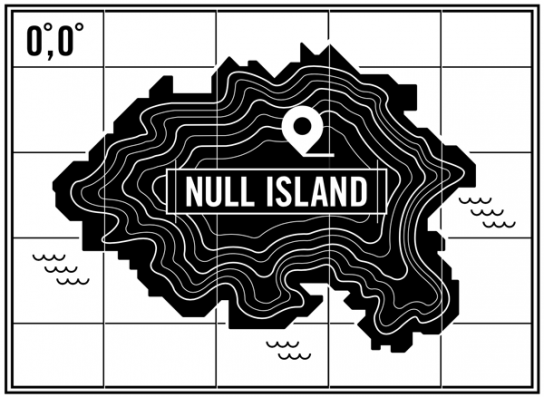THREATS
Search and seizure. A federal court in Boston ruled that U.S. border and customs agents must have "reasonable suspicion" to search people's devices, such as laptops and phones, at airports and other ports of entry. While officials won't require a warrant, they will need to arm themselves with specific justifications before searching for digital contraband, like child abuse imagery. The Electronic Frontier Foundation and American Civil Liberties Union called the decision "a major victory for privacy rights."
I spy with my little eye. A bug in Facebook's main app has caused a furor for unintentionally activating the cameras on people's iPhones. Apparently, a fix for one bug led to the introduction of another. "We have seen no evidence of photos or videos being uploaded due to this bug. We're submitting the fix for this to Apple today," Facebook said in a statement, per Gizmodo.
Better late than never? Intel has patched a security hole it initially said it patched six months ago. The security researchers that discovered the issue are unhappy with the way the chipmaker directed them to keep quiet about their findings, including pressuring them to alter a paper they planned to present publicly, to suit the company's interests.
Be still my heart. Hospitals that have been struck by cyberattacks and data breaches have worse outcomes for patients, a study out of Vanderbilt University claims. These facilities were found to experience as many as 36 more fatalities per 10,000 heart attacks. Apparently, breach remediation efforts introduce changes and delays "that complicate or disrupt health IT and patient care processes."
Hug a hacker. Charles Henderson, who leads a team of hackers at IBM, writes that his trade has gotten an unfairly bad rap. The world should celebrate hackers, who find vulnerabilities in products (ideally) before criminals can exploit them. Call the bad ones "cybercriminals," "threat actors," or "cyberattackers," not hackers, he says.
Have yourself a laugh with this data breach excuse generator.
ACCESS GRANTED
Most regulatory protections for U.S. consumers date back to the late 19th century when Congress sought to shield people from the abusive practices of oil, steel, and railroad giants. That regime has utterly failed to address product safety and security in the digital era, argues Natasha Singer for the New York Times. It's time for the country to adopt a set of clear federal standards and to establish standalone "digital privacy agency" to enforce them, rather than foisting this work on an over-extended, ill-equipped Federal Trade Commission, she says.
Today, the Food and Drug Administration vets new prescription drugs before they go on sale. The National Highway Traffic Safety Administration investigates automobile safety hazards and sets fuel economy standards. And the Securities and Exchange Commission protects investors from fraud in stock sales.
By contrast, Americans have almost no safeguards for apps, in part because Congress has never established an agency to police Facebook, Instagram, Uber, YouTube and other online services that use sophisticated data-mining tools to surveil, sort and steer people on a massive scale.
FORTUNE RECON
How Fintech's Third Wave Will Change How You Bank by Robert Hackett
How to Get Disney+ Free for a Year With Verizon Right Now by Chris Morris
Microsoft Reveals Its Gender Diversity Gap Between Workers and Management by Emma Hinchliffe
A Silicon Valley Funding Giant Opens in Denmark— Where Unicorns Are Numerous and Loans Are Dirt Cheap by Jennifer Baljko
A.I. Is Everywhere—But Where Is Human Judgment? by Jeremy Kahn
ONE MORE THING

Welcome to the island of misfit data. So-called Null Island is an imaginary plot of land on computer maps where latitude and longitude equal "zero." If you enter invalid addresses into tools like Google Maps, which use "geocoders" to translate human text into machine-readable form, they'll point you to this spot off the coast of West Africa. Cartographer Tim St. Ogne charts the origin of this geographical oddity in a blog post for the Library of Congress.
Well, I know where I'm booking my next vacation...That's where we want to go, way down in Kokomo.
IF YOU LIKE THIS EMAIL...
Share today's Data Sheet with a friend.
Did someone share this with you? Sign up here. For previous editions, click here.
For even more, check out The Ledger, Fortune's weekly newsletter covering the intersection of finance and technology. Sign up here.
No comments:
Post a Comment